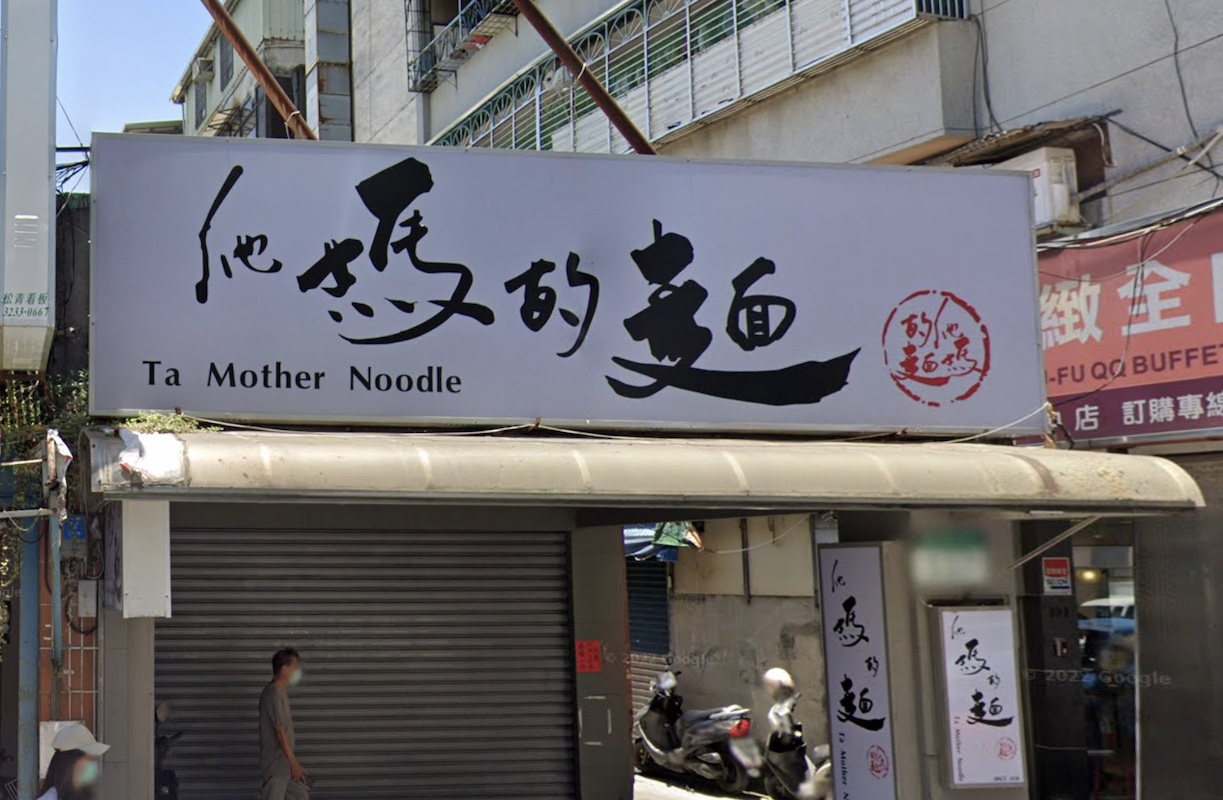More on LLMs' current problem-solving abilities
It's hard to keep up with the waves of hype and anti-hype in the LLM space these days.
Here's something from a few weeks ago that I missed — Xiaoxuan Wang et al., "SciBench: Evaluating College-Level Scientific Problem-Solving Abilities of Large Language Models", arxiv.org 7/20/2023:
Read the rest of this entry »



